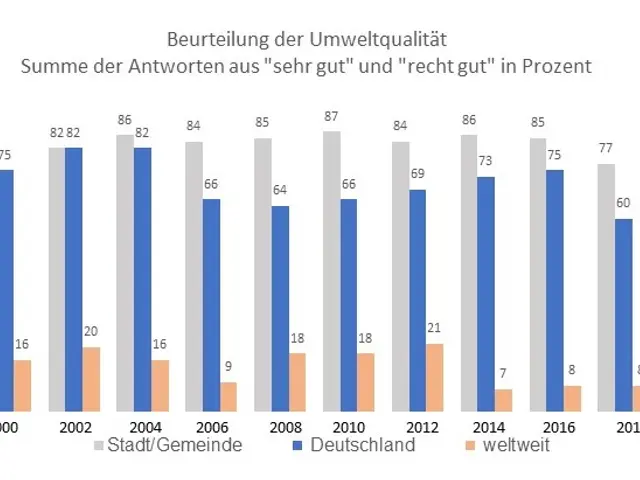Depression Linked to Higher Risk of Cardiovascular and Metabolic Diseases
A new study has uncovered significant links between different types of depression and an increased risk of various cardiometabolic diseases. This research, published in The Lancet Psychiatry, sheds light on how depression, which affects around 264 million people worldwide, can impact physical health beyond mood disorders.
The study found that participants with melancholic symptoms of depression, characterized by loss of pleasure and a depressed mood, had about 1.5 times greater chance of developing cardiovascular disease. This includes conditions like heart attacks or strokes. Meanwhile, those with atypical/energy-related symptoms, such as increased appetite or sleep, were 2.7 times more likely to develop type 2 diabetes.
Researchers believe that chronic stress and elevated cortisol levels in depression impair the body's ability to suppress inflammation, promoting a pro-inflammatory state. This systemic inflammation is a key biochemical mechanism that increases the risk of cardiovascular diseases. Depression can also influence the development and worsening of physical illnesses, including chronic pain, through these mechanisms. Understanding these connections can help prevent or better treat both depression and cardiometabolic diseases.
The study underscores that depression is not merely a disorder of mood but one that involves the entire body, including metabolism. It highlights the importance of considering mental health in the prevention and treatment of cardiometabolic diseases, such as type 2 diabetes and cardiovascular disease. Further research is needed to fully understand these complex relationships and develop targeted interventions.






